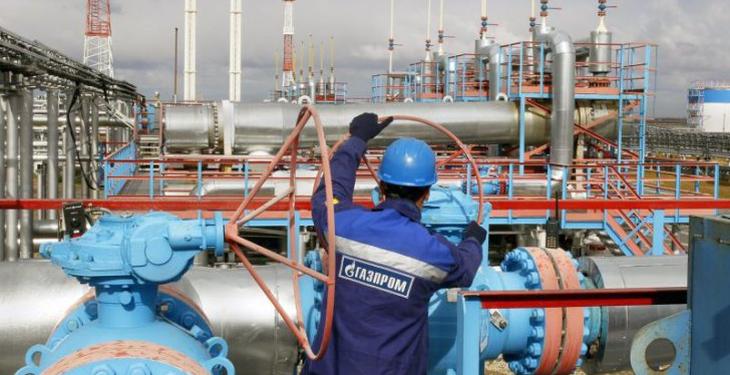Brussels is set to announce it has reached a compromise deal with Gazprom in a long-running antitrust case over the gas group’s alleged abuse of its dominance in central European and Baltic markets.
But some of the Russian state-owned company’s EU customers have expressed dismay at the settlement, saying it fails to punish Gazprom for its past behaviour. The agreement, which Brussels will unveil next week, will end a seven-year European Commission probe into Gazprom’s conduct in Bulgaria, the Czech Republic, Estonia, Latvia, Lithuania, Poland, Hungary and Slovakia, which rely heavily on the company to meet their energy needs.
The case centres on allegations by the commission that Gazprom, Russia’s pipeline gas export monopoly, exploited its dominant position to hinder cross-border sales, charge excessive prices and link gas sales to pipeline investments by some of its customers in those markets. Gazprom’s exports to Europe have soared over the past few years to a record 193.9bn cubic metres last year, accounting for close to 40 per cent of the continent’s gas supply, according to Financial Times.
Under the deal, according to people familiar with the negotiations who spoke on condition of anonymity, Gazprom has acknowledged the jurisdiction of the EU over the terms of its contracts with the bloc’s member states. It has also promised to: remove restrictions on the resale of its gas across EU borders; respect customer requests to change delivery points for gas; link prices for eastern EU states to the benchmark prices in western European hubs; allow customers quicker, more frequent price reviews.
The company could also be fined up to 10 per cent of annual turnover for breaking any of its pledges in the next eight years. But some of the EU countries affected are disappointed that Gazprom will not be fined for its past behaviour — particularly in the light of the big penalties the EU levied on Google and Qualcomm of €2.4bn and €997m, respectively, in other abuse-of-dominance cases where no negotiated settlement was reached.
